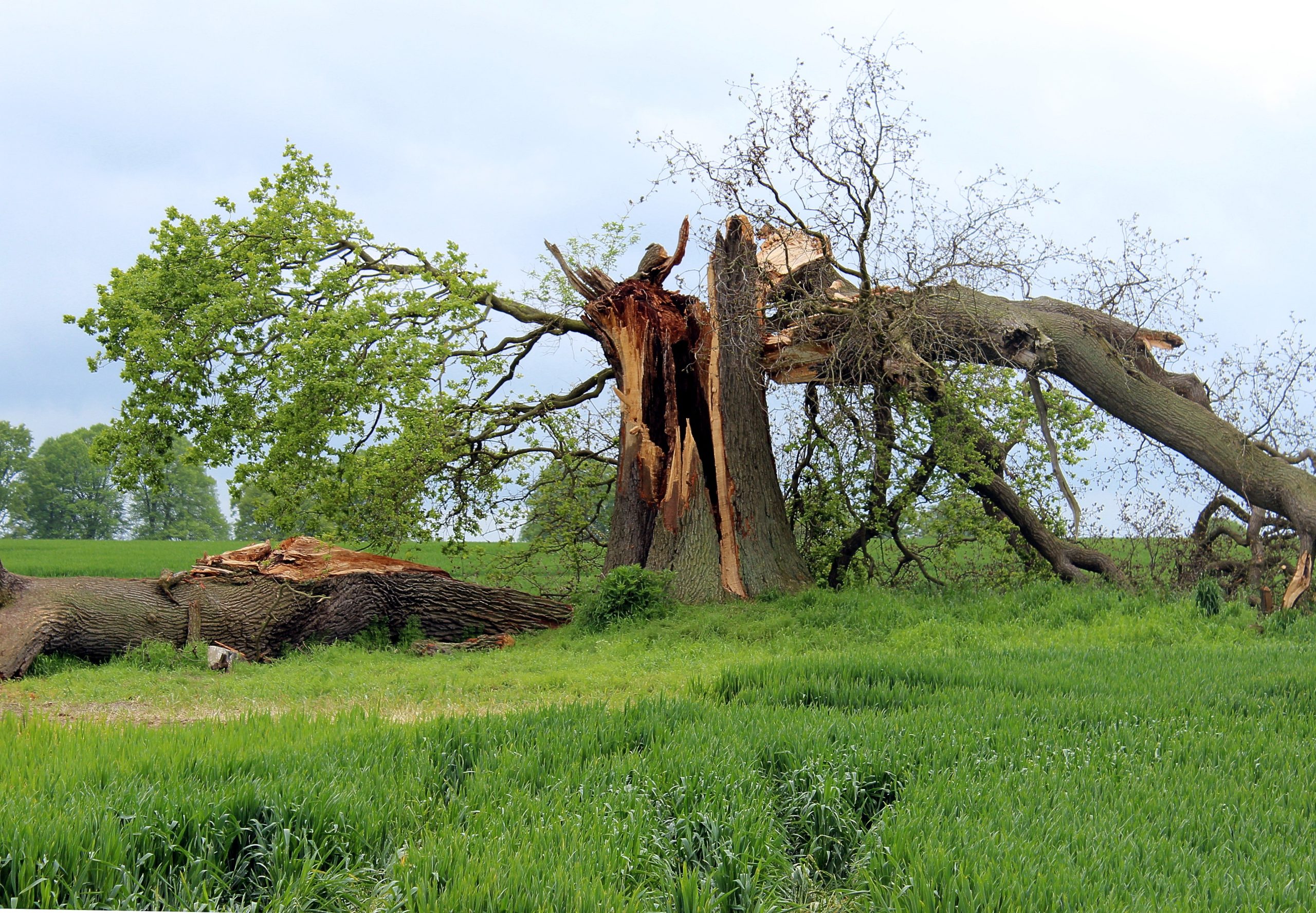 Hurricanes can result in significant property damage, including flooding with contaminated water. When faced with such a situation, homeowners may wonder if they have a viable lawsuit against the responsible parties, such as the company responsible for the contaminants or the city involved in managing the wastewater system. The following case sheds light on the legal considerations surrounding property damage caused by contaminated floodwater and the potential liability of the responsible entities.
Hurricanes can result in significant property damage, including flooding with contaminated water. When faced with such a situation, homeowners may wonder if they have a viable lawsuit against the responsible parties, such as the company responsible for the contaminants or the city involved in managing the wastewater system. The following case sheds light on the legal considerations surrounding property damage caused by contaminated floodwater and the potential liability of the responsible entities.
Ronald and Virginia Colson owned property in Pineville, Louisiana, that was damaged by Hurricane Gustav. They claimed their property was flooded with water contaminated with contaminates from Colfax Treating Company’s wood-treating facility. As a result, they claimed they were evicted from their home.
Colfax had a permit to dispose of materials in Pineville’s wastewater system. The Colsons filed a lawsuit against Colfax and the City of Pineville. The Colsons claimed the City of Pineville did not timely activate pumps for evacuating waste and stormwater, failed to properly maintain or inspect these pumps, and improperly allowed Colfax to dispose of the contaminates at above-legal limits.
 Insurance Dispute Lawyer Blog
Insurance Dispute Lawyer Blog


 We all cherish the idea of collecting vacation days, envisioning the blissful trips we’ll take in the future. But what if you find yourself resigning from your job with a surplus of accrued vacation days that you haven’t had the chance to use?
We all cherish the idea of collecting vacation days, envisioning the blissful trips we’ll take in the future. But what if you find yourself resigning from your job with a surplus of accrued vacation days that you haven’t had the chance to use? 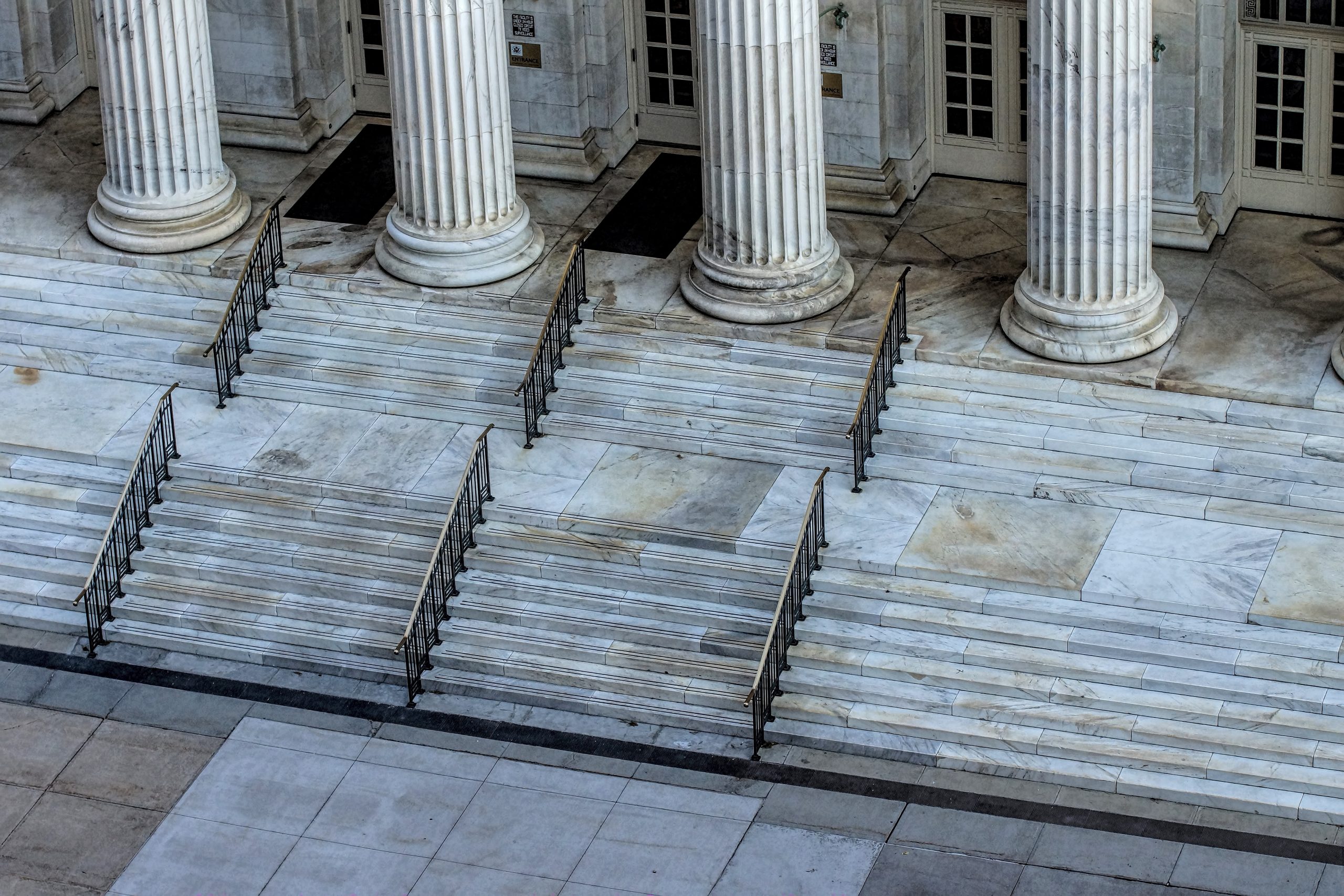 If you are involved with a lawsuit, you probably imagine your day in court involving a jury listening to the evidence and rendering a decision. After all, the US Constitution protects our right to a trial by jury. But what happens if the court issues a notice scheduling your trial to be heard in front of a judge instead of a jury?
If you are involved with a lawsuit, you probably imagine your day in court involving a jury listening to the evidence and rendering a decision. After all, the US Constitution protects our right to a trial by jury. But what happens if the court issues a notice scheduling your trial to be heard in front of a judge instead of a jury? 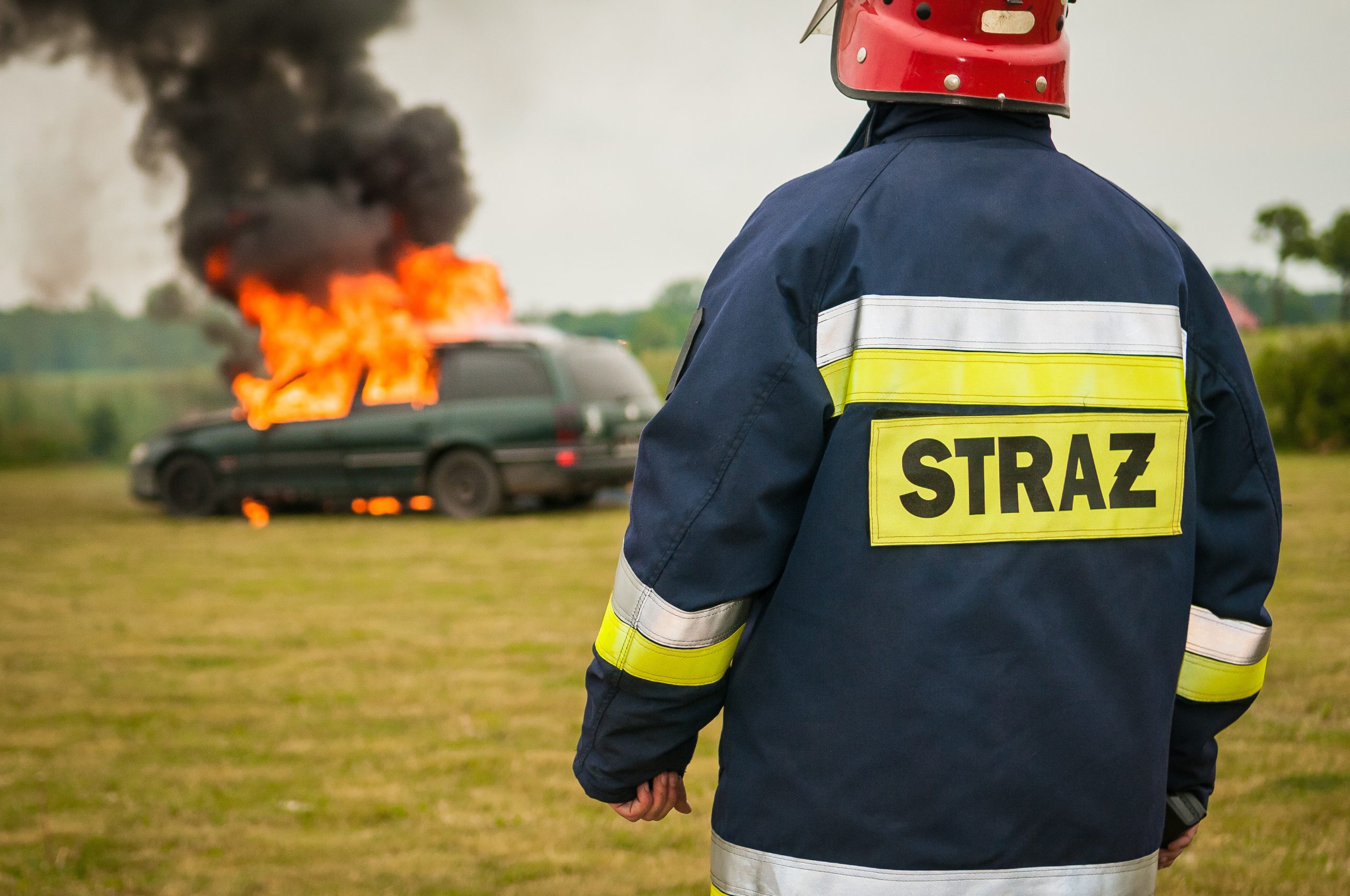 If you’ve ever left a job in the middle of a pay period, you might have had to wait to receive your final check. But what if you were fired, reinstated, fired, reinstated, and fired again? Payment of wages gets a bit more confusing.
If you’ve ever left a job in the middle of a pay period, you might have had to wait to receive your final check. But what if you were fired, reinstated, fired, reinstated, and fired again? Payment of wages gets a bit more confusing.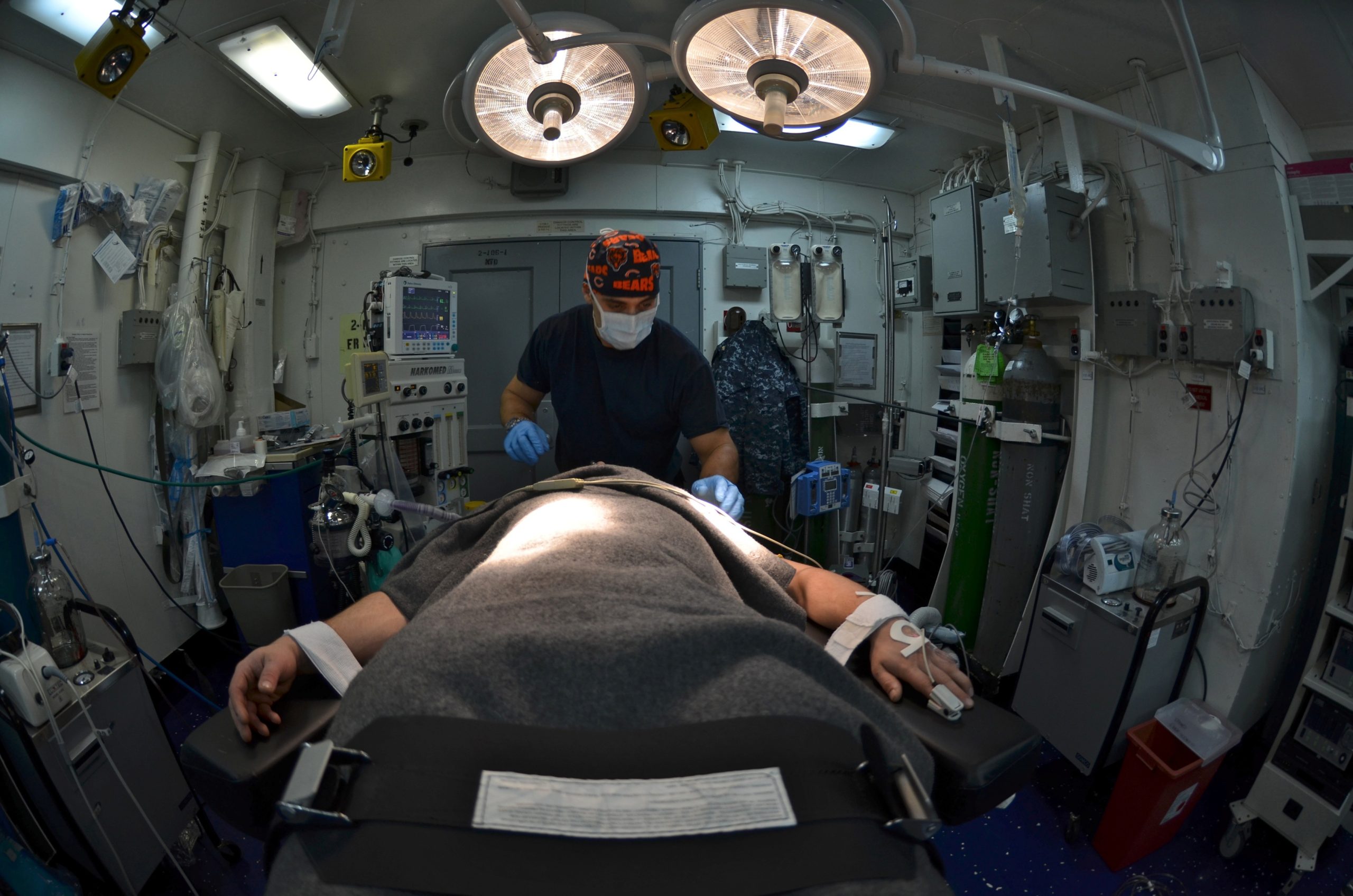 In the aftermath of a vehicle collision, the impact reverberates beyond the immediate parties involved, leaving a trail of injuries and legal complexities. Such was the case for Cody Johnson, a passenger on an RTA bus when it collided with another vehicle. Seeking full compensation for her damages, she pursued a vicarious liability claim against the driver’s employer. However, the court’s assessment of the driver’s scope of employment would determine the outcome of her pursuit of justice.
In the aftermath of a vehicle collision, the impact reverberates beyond the immediate parties involved, leaving a trail of injuries and legal complexities. Such was the case for Cody Johnson, a passenger on an RTA bus when it collided with another vehicle. Seeking full compensation for her damages, she pursued a vicarious liability claim against the driver’s employer. However, the court’s assessment of the driver’s scope of employment would determine the outcome of her pursuit of justice.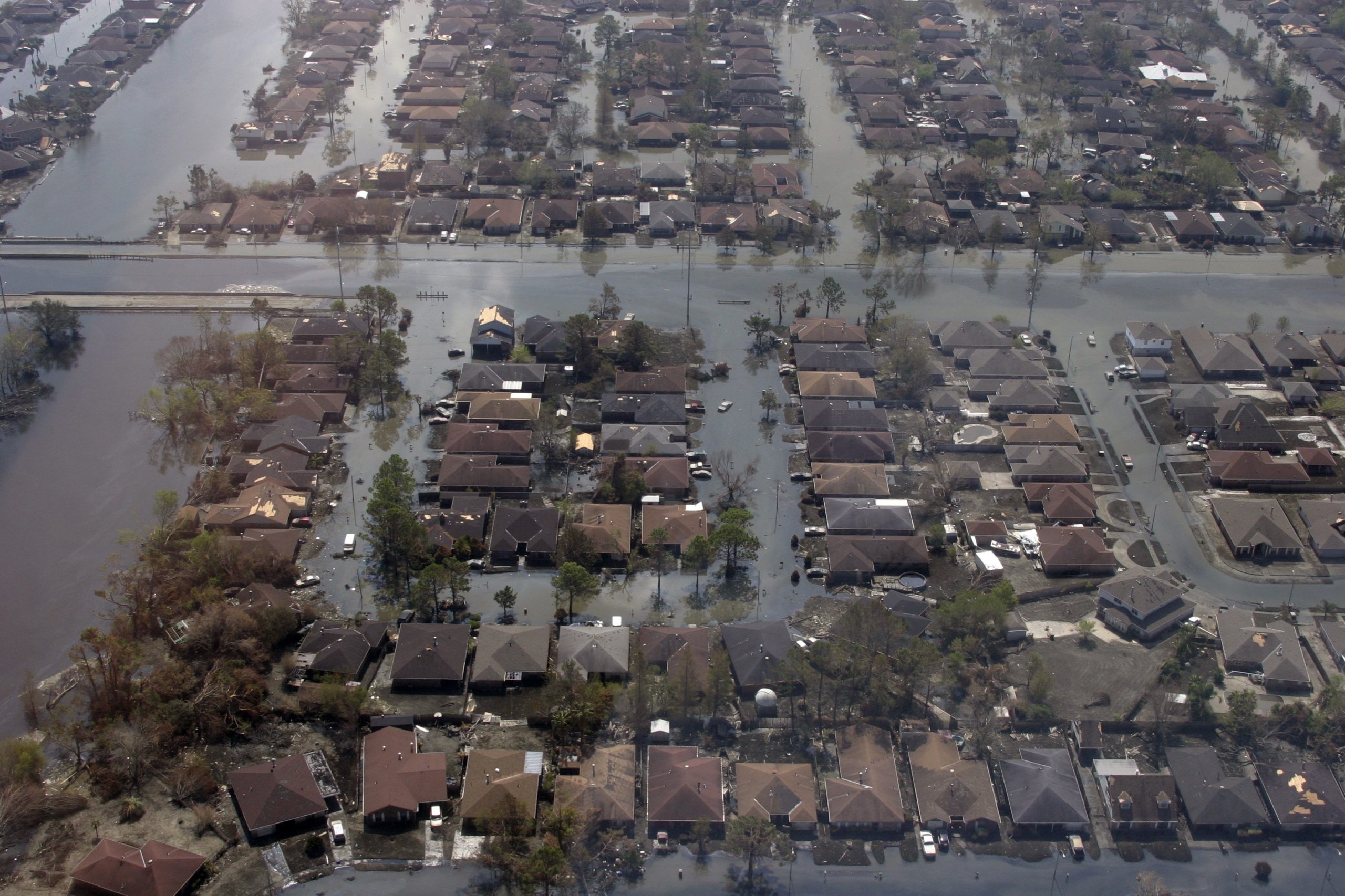 Hurricanes do not discriminate. Regardless of age, wealth, gender, health, or race, hurricanes are merciless to all they come in contact with. Such was the case for Ms. Taylor, who experienced the wrath of Hurricane Katrina in 2005.
Hurricanes do not discriminate. Regardless of age, wealth, gender, health, or race, hurricanes are merciless to all they come in contact with. Such was the case for Ms. Taylor, who experienced the wrath of Hurricane Katrina in 2005.  Have you ever witnessed an accident? The experience can be overwhelming, leaving lasting, often overlooked emotional scars. Such consequences raise an essential question; can a witness to an accident seek damages in court? The subsequent lawsuit helps answer that question. The journey of the litigants through the intricate legal landscape reveals their unwavering determination to find solace for the emotional anguish they endured as witnesses to the tragic events.
Have you ever witnessed an accident? The experience can be overwhelming, leaving lasting, often overlooked emotional scars. Such consequences raise an essential question; can a witness to an accident seek damages in court? The subsequent lawsuit helps answer that question. The journey of the litigants through the intricate legal landscape reveals their unwavering determination to find solace for the emotional anguish they endured as witnesses to the tragic events.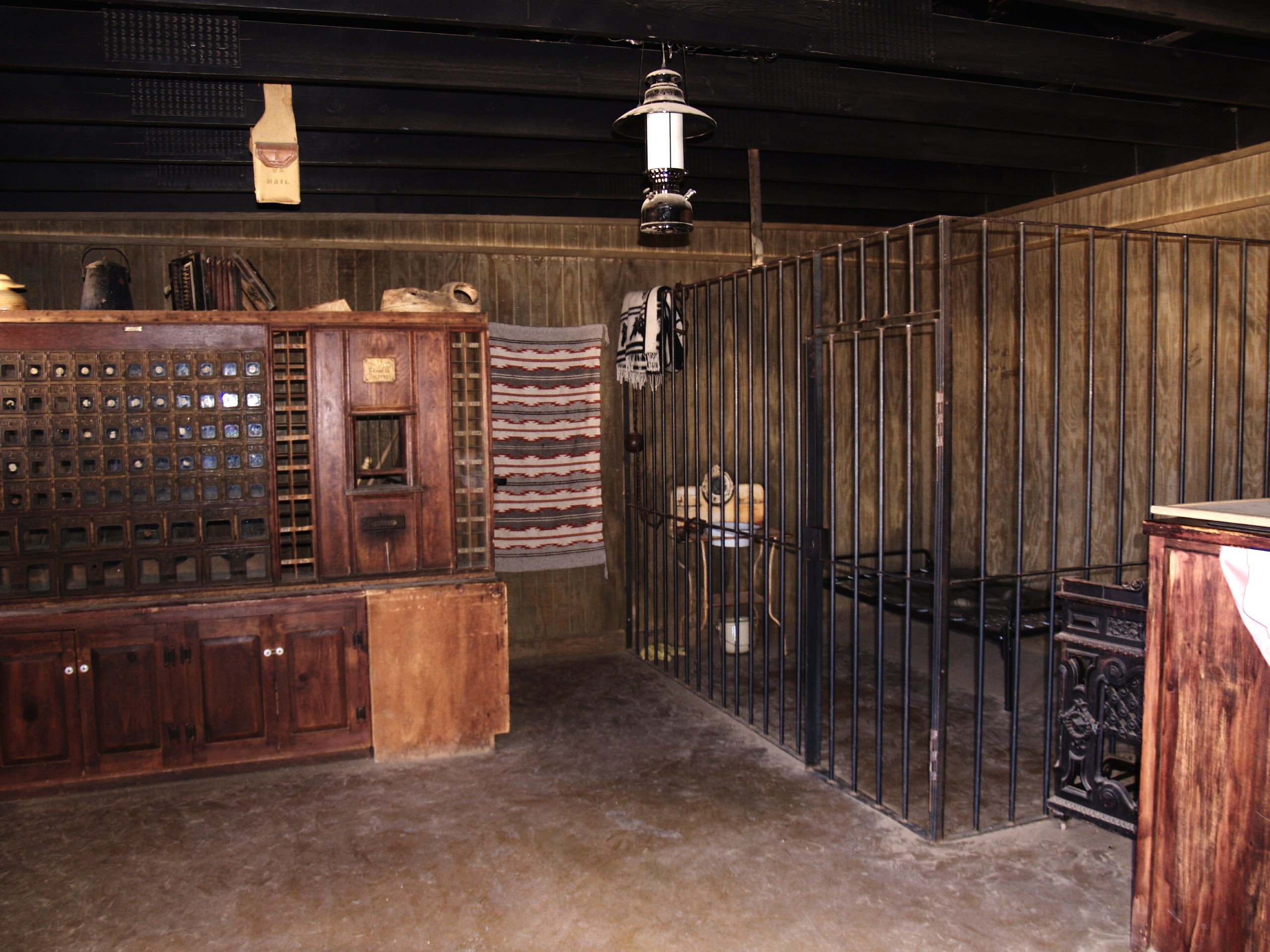 A personal injury claim requires following specific rules and procedures to ensure a fair and just resolution. For Joseph Barlow, who slipped and fell while detained at the Lafayette Correctional Facility, his failure to adhere to the correction center’s administrative remedies became critical. This article examines the consequences Barlow faced when he disregarded the proper procedures and highlights the significance of following the established protocols.
A personal injury claim requires following specific rules and procedures to ensure a fair and just resolution. For Joseph Barlow, who slipped and fell while detained at the Lafayette Correctional Facility, his failure to adhere to the correction center’s administrative remedies became critical. This article examines the consequences Barlow faced when he disregarded the proper procedures and highlights the significance of following the established protocols. The separation of property between spouses is a legally recognized process, allowing them to transfer assets. However, what happens when this separation is done with fraudulent intent? In the case of Kathryn and Paul Holland, creditors accused the couple of fraudulently dividing their assets to avoid payment. The creditors filed a motion to intervene in the divorce proceedings, alleging that the Hollands knew about pending civil lawsuits against them. Despite their objections, the trial court granted the motion filed by Ms. Holland, prompting the creditors to appeal the decision. The following post summarizes the appeal.
The separation of property between spouses is a legally recognized process, allowing them to transfer assets. However, what happens when this separation is done with fraudulent intent? In the case of Kathryn and Paul Holland, creditors accused the couple of fraudulently dividing their assets to avoid payment. The creditors filed a motion to intervene in the divorce proceedings, alleging that the Hollands knew about pending civil lawsuits against them. Despite their objections, the trial court granted the motion filed by Ms. Holland, prompting the creditors to appeal the decision. The following post summarizes the appeal. 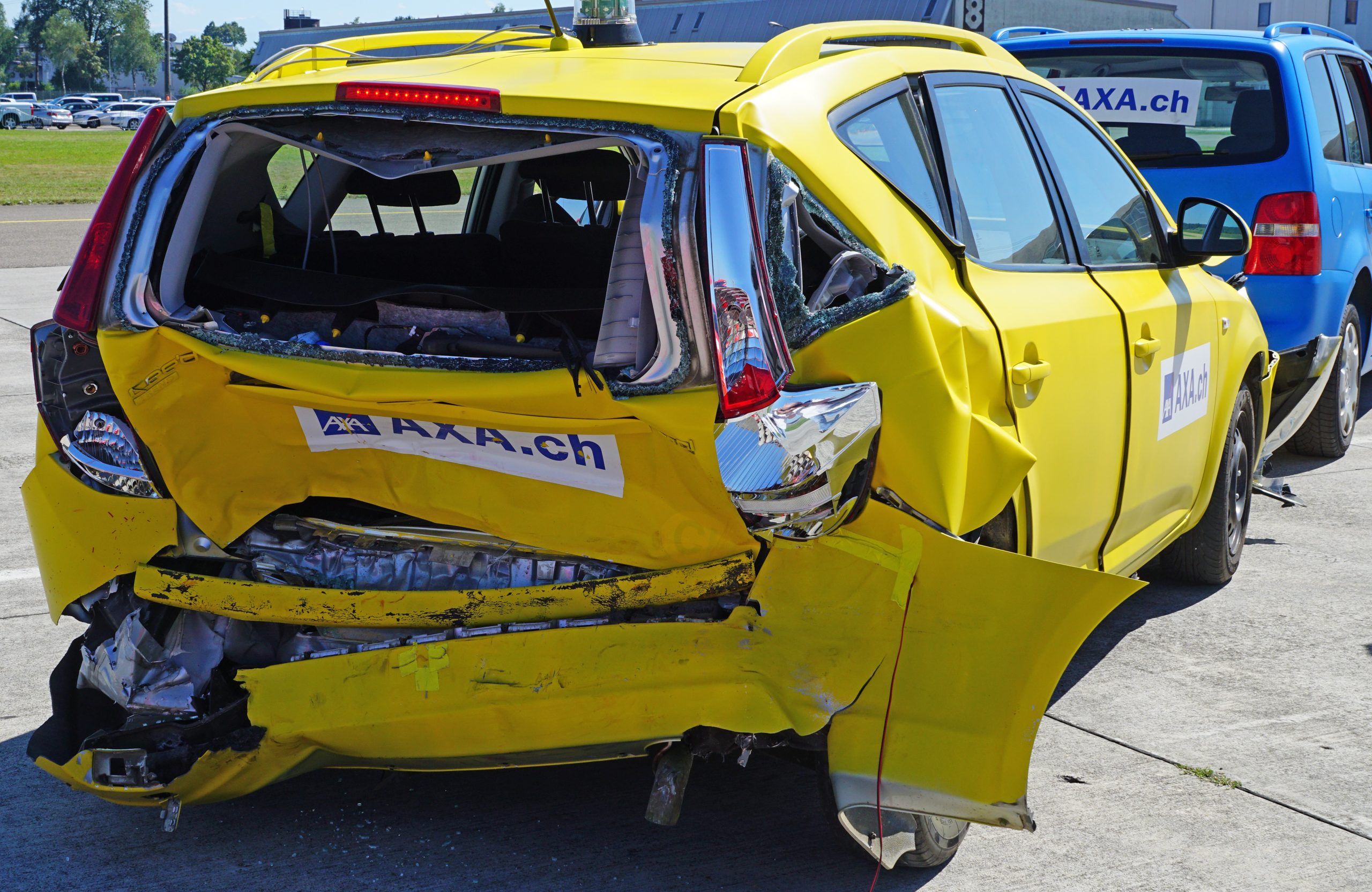 One of the joys of adulthood is figuring out insurance coverage for your vehicles. Selecting the right coverage can be incredibly challenging when you own a small business because there are unclear lines between personal and company vehicles. This can be especially challenging if an accident occurs when driving a different vehicle than you usually drive. Can your insurance policy cover you when driving a different vehicle because your regular vehicle is out of commission and needs repairs? The subsequent lawsuit helps answer this question.
One of the joys of adulthood is figuring out insurance coverage for your vehicles. Selecting the right coverage can be incredibly challenging when you own a small business because there are unclear lines between personal and company vehicles. This can be especially challenging if an accident occurs when driving a different vehicle than you usually drive. Can your insurance policy cover you when driving a different vehicle because your regular vehicle is out of commission and needs repairs? The subsequent lawsuit helps answer this question.